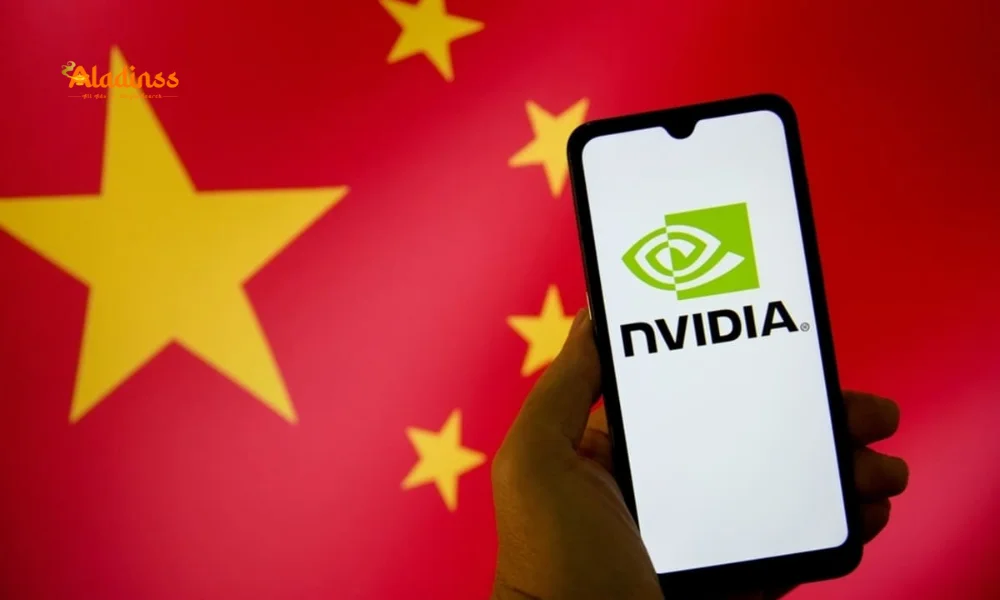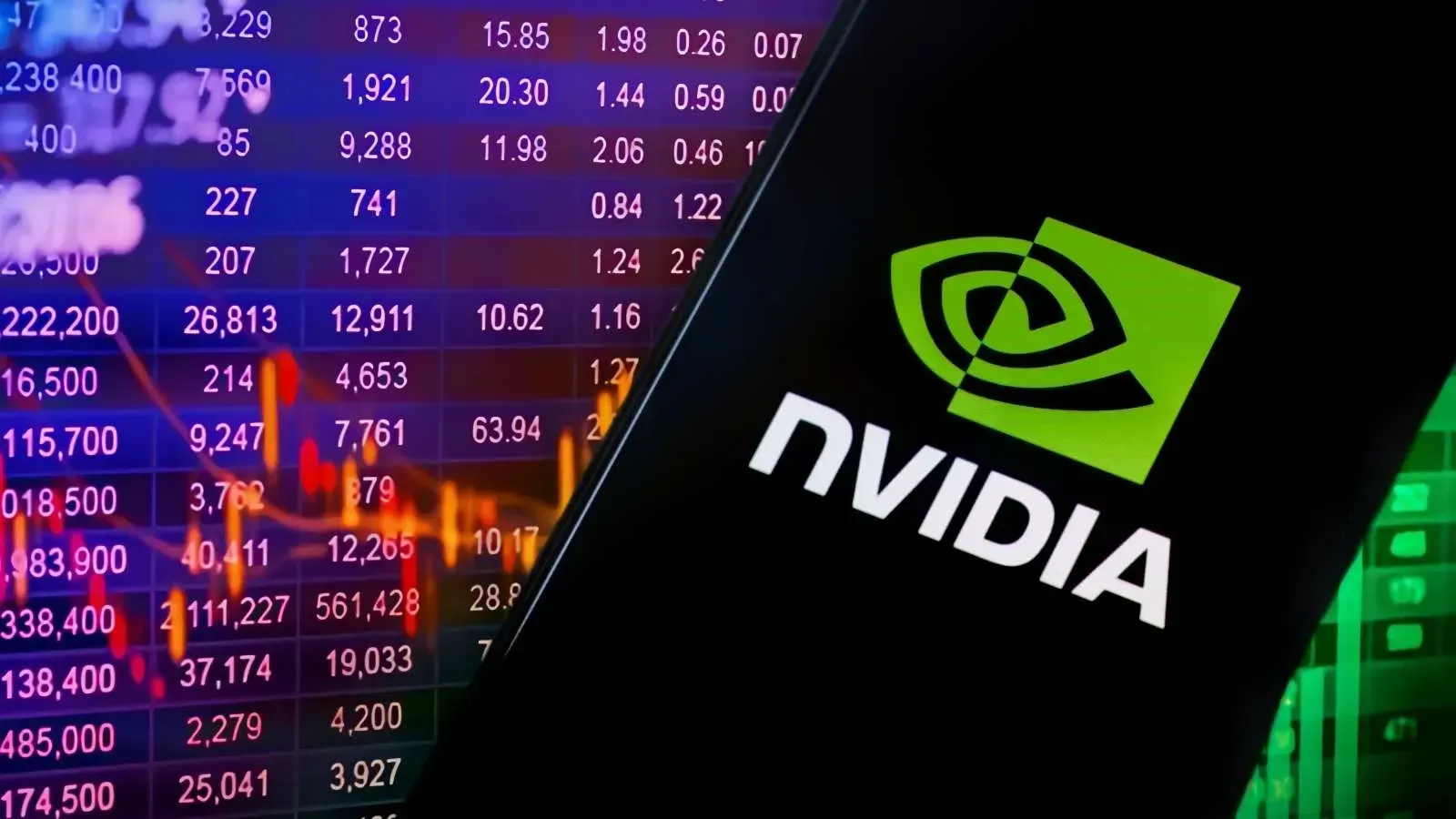Nvidia Agrees to 15% Revenue Cut for China Chip Sales Approval

Nvidia Agrees to 15% Revenue Cut for China Chip Sales Approval
In a pivotal move for global semiconductor trade, Nvidia’s CEO Jensen Huang has expressed the company’s willingness to comply with the Trump administration’s terms, including a 15% revenue cut on chip sales to China, to secure export licenses. This development, announced on August 29, 2025, underscores Nvidia’s strategic efforts to maintain access to the lucrative Chinese market, estimated by Huang to be worth $50 billion annually for the company. The agreement, particularly for Nvidia’s H20 AI chips, highlights the delicate balance between national security concerns and economic opportunities in the ongoing U.S.-China tech rivalry. This article delves into the details of the deal, its implications for Nvidia, and the broader geopolitical context.
Background of the U.S.-China Chip Trade Tensions
The global semiconductor industry has been at the heart of U.S.-China trade tensions for years, with advanced chips like those produced by Nvidia being critical for artificial intelligence (AI), military applications, and data centers. The Biden administration introduced stringent export controls in 2023, limiting the sale of high-performance chips to China to curb potential military advancements. The Trump administration initially tightened these restrictions in April 2025, halting sales of Nvidia’s H20 chips, which were specifically designed for the Chinese market to comply with earlier regulations. This led to a $5.5 billion inventory write-down for Nvidia, as the company faced challenges finding alternative buyers for these chips.
However, in July 2025, the Trump administration reversed course, allowing Nvidia and its competitor Advanced Micro Devices (AMD) to resume sales of their H20 and MI308 chips, respectively, under a novel condition: a 15% revenue cut to be paid to the U.S. government. This unprecedented arrangement, described by analysts as a “pay-to-play” deal, has sparked debates about its legality and long-term implications for U.S. tech companies operating in China.
Nvidia’s Stance on the Revenue Cut
In an interview with Fox Business Network’s "The Claman Countdown" on August 28, 2025, Jensen Huang articulated Nvidia’s pragmatic approach to the deal. “Whatever it takes to get it approved for us to be able to sell in China is fine with us,” Huang stated, emphasizing that access to the Chinese market is crucial for both Nvidia and the broader U.S. tech industry. He argued that enabling global adoption of American technology, particularly in AI, strengthens the U.S. position in the global AI race. Huang’s comments reflect a strategic alignment with President Trump’s view that American tech dominance is vital for national interests, likening it to the global standard set by the U.S. dollar.
Huang further clarified that the decision to accept the 15% revenue cut was not a matter of being “forced to say yes” but rather a recognition of mutual benefits. “It’s in the best interest of the world, of our country, for us to be able to sell in China,” he said, highlighting the economic potential of the Chinese market. Despite the agreement, Nvidia has not yet received orders for its H20 chips from Chinese buyers, indicating ongoing uncertainties in the implementation of the deal.
The H20 Chip Deal and Future Blackwell Negotiations
The agreement for Nvidia’s H20 chips, which are less powerful than the company’s flagship H100 and H200 chips, was finalized after months of lobbying by Huang, including a meeting with President Trump at the White House on August 23, 2025. The deal allows Nvidia to resume exports of the H20 chips, which were specifically engineered to comply with U.S. export controls, in exchange for the 15% revenue share. This arrangement also extends to AMD, which will pay a similar cut for its MI308 chips. The Commerce Department began issuing licenses for these exports on August 25, 2025, marking a significant policy shift.
Looking ahead, Nvidia is in early discussions with the Trump administration to secure approval for exporting a scaled-down version of its cutting-edge Blackwell chip to China. President Trump has indicated that this version would be 30–50% less powerful than the standard Blackwell chip, addressing concerns about potential military applications. Huang expressed optimism about these talks, noting that a successful deal could unlock a significant portion of the $50 billion AI market opportunity in China. However, the White House remains cautious, with U.S. officials expressing concerns that even downgraded chips could enhance China’s AI and military capabilities.

Geopolitical and Economic Implications
The 15% revenue cut deal has sparked significant debate within the U.S., with critics arguing that it resembles an unconstitutional export tax. Analysts like Derek Scissors from the American Enterprise Institute have questioned the precedent it sets, suggesting that it could undermine national security by prioritizing revenue over strategic interests. Others, such as Representative Raja Krishnamoorthi from the House Select Committee on China, have called for greater transparency, emphasizing that export controls should be driven by security considerations, not financial negotiations.
For Nvidia, the deal represents a pragmatic trade-off to maintain access to China, which accounted for nearly 95% of the company’s AI chip market share before export controls were tightened in 2021. By 2025, this share had dropped to 50%, with Chinese competitors like Huawei and Cambricon gaining ground. Huang has argued that restricting U.S. chip exports could inadvertently accelerate China’s domestic chip industry, as local companies receive increased government support to develop alternatives. This perspective aligns with his broader advocacy for American tech leadership, where he believes that global adoption of U.S. technology strengthens national interests.
Challenges and Uncertainties in China
Despite the agreement, Nvidia faces challenges in China, including concerns raised by the Cyberspace Administration of China about alleged “backdoor” security risks in the H20 chips. Huang has firmly denied these allegations, stating that Nvidia’s chips have no such vulnerabilities and that the company is working with Chinese officials to address these concerns. Additionally, Chinese tech giants like ByteDance, Tencent, and DeepSeek, which stockpiled $16 billion worth of H20 chips earlier in 2025, have yet to place new orders, possibly due to regulatory uncertainties or a shift toward domestic alternatives.
Nvidia’s financial performance has also been affected by the export restrictions. In its August 2025 earnings report, the company noted zero H20 chip sales in China, contributing to a $180 million release of previously reserved inventory. CFO Colette Kress highlighted that the lack of a formal regulatory framework for the 15% revenue cut has delayed shipments, estimating potential H20 revenue of $2–5 billion in the third quarter if geopolitical issues are resolved.
Strategic Importance of the Chinese Market
China remains a critical market for Nvidia, with Huang estimating its AI potential at $50 billion annually, potentially growing by 50% each year if export restrictions are eased. The company’s dominance in the global AI chip market, controlling over 90% of the sector, makes its China strategy pivotal. Huang has emphasized that allowing American chips to set the global standard benefits both the U.S. economy and its technological leadership. However, the rise of Chinese competitors like Semiconductor Manufacturing International Corp (SMIC) and Cambricon, which saw significant stock gains in August 2025, poses a long-term threat to Nvidia’s market share.
Nvidia is also exploring new products for China, such as the rumored B30A chip, based on the Blackwell architecture but designed to comply with U.S. export controls. These efforts reflect the company’s commitment to balancing compliance with commercial interests, navigating a complex landscape of geopolitical tensions and market opportunities.
Broader Industry and Global Impact
The Nvidia deal has broader implications for the global semiconductor industry, particularly as the U.S. seeks to maintain its technological edge while addressing national security concerns. The 15% revenue cut model could set a precedent for other U.S. companies, with analysts suggesting that firms like Intel and Qualcomm may face similar arrangements. However, the unique nature of the semiconductor industry, underpinned by its strategic importance, makes it unlikely that this model will extend to other sectors like software or consumer electronics.
The agreement also reflects the Trump administration’s transactional approach to trade policy, as seen in other deals like the U.S. Steel-Nippon Steel merger, which included a “golden share” for the government. As global demand for AI and semiconductors continues to grow, Nvidia’s ability to navigate these complexities will be critical to its position as the world’s most valuable company, with a market capitalization exceeding $4 trillion as of August 2025.
Comment / Reply From
No comments yet. Be the first to comment!











